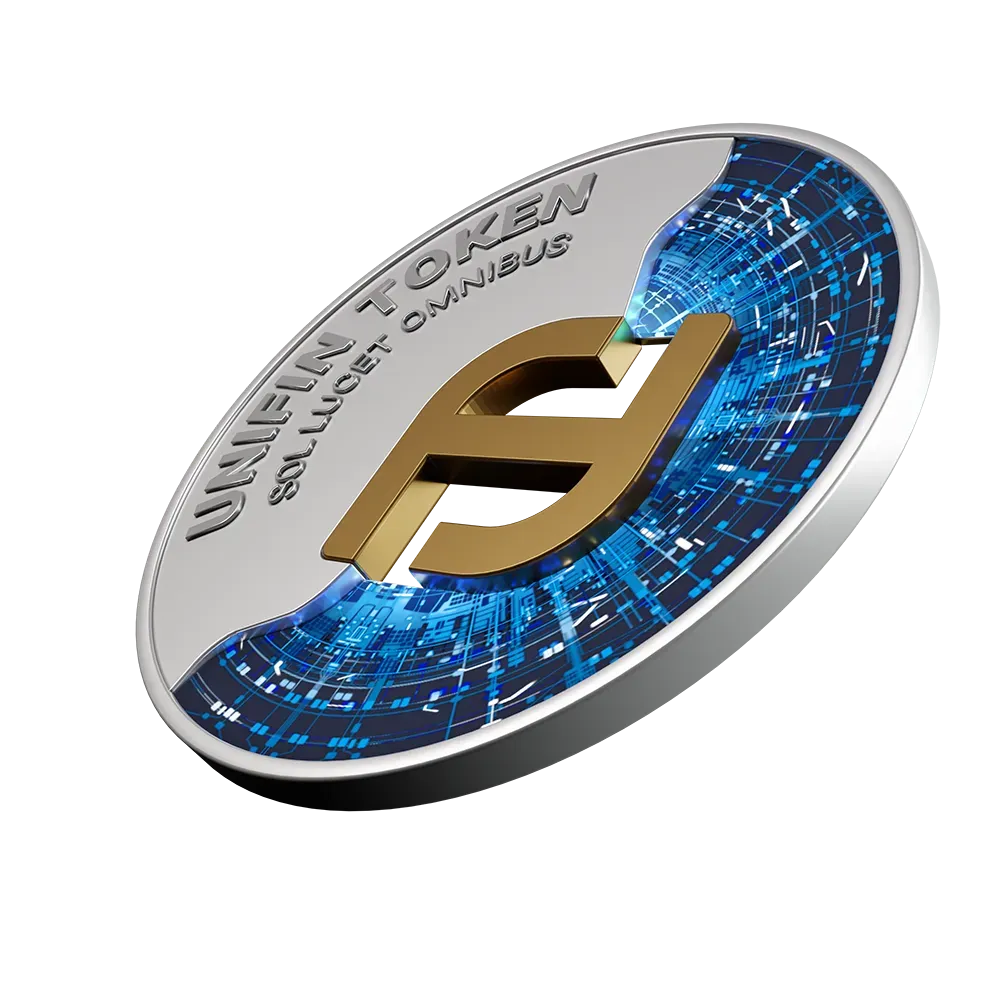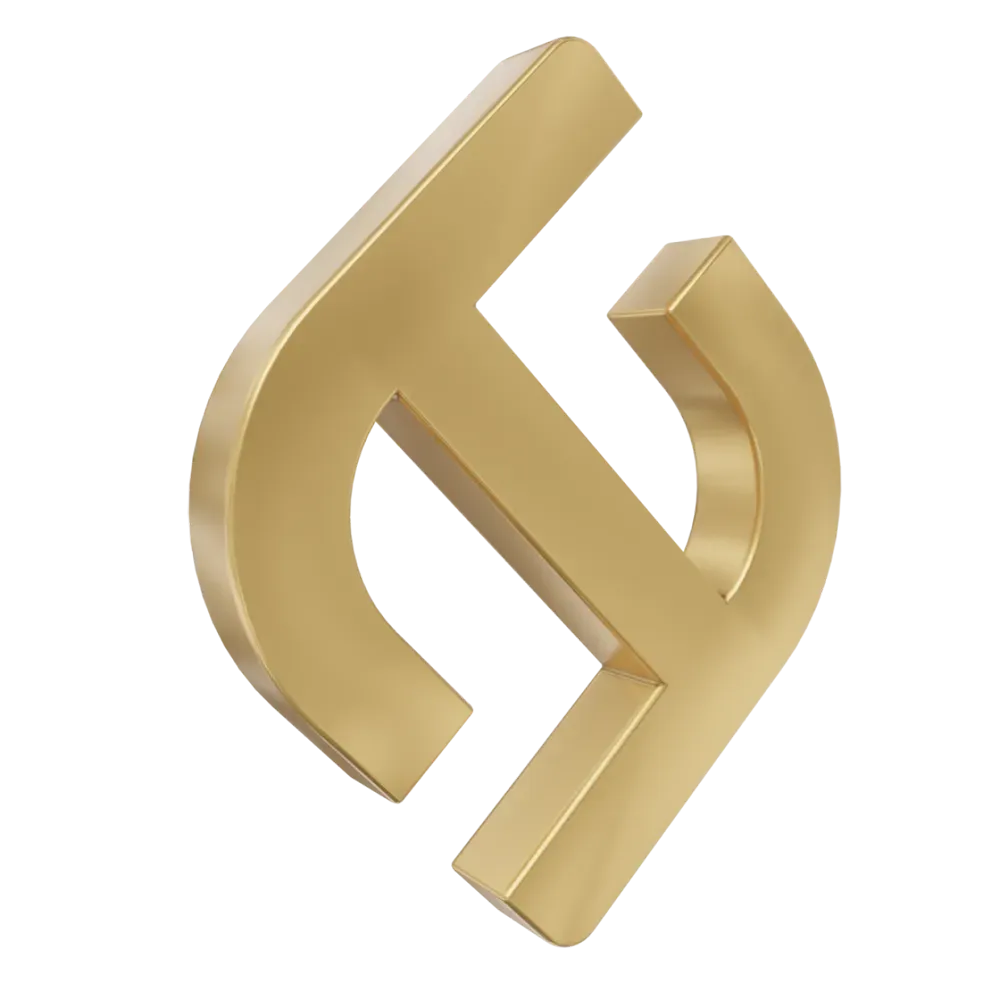UniFin Profit Token
A modern digital payment solution and fixed income product issued by UniFin ApS, backed by the solid shareholder capital of UniFin Group companies. UPTO is compliant with the ERC20 standard and will be available on leading blockchain platforms. It functions like a traditional bond, providing investors with an annual fixed income payout. Open Account

